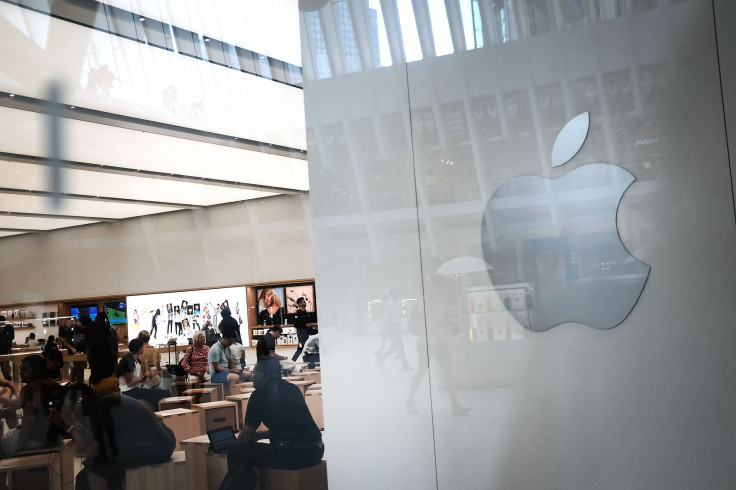Apple Faces Russian Investigation For Unfair Competition

iPhone maker Apple faces an investigation in Russia on anti-competitive practices after complaints were raised by cybersecurity company Kaspersky Lab.
This piece of Apple news said the American tech giant sought to abuse its dominant market position by not updating the Kaspersky Lab’s Safe Kids app in its operating system.
Parental control apps are generally used by parents in controlling children’s tablet and phone usage.
Disclosing this, Russia’s anti-monopoly watchdog FAS said on Thursday that it would probe the complaint why Kaspersky's new version of the Parental Controls app was not updated to Apple's operating system. It also added that the tech giant's refusal caused a heavy loss of functionality to the app.
The Russia news also said Apple released its own version 12 of the parental control app named as Screen Time, and it had functions similar to the Kaspersky’s program.
By doing so, Kaspersky Lab said, Apple hit the competitiveness of third party developers.
Apple says parental control apps hurting user privacy
In its reaction, Apple said it had stated on April 28 that it would remove many parental control apps from its App Store because they were “affecting users’ privacy and putting “security at risk.”
Apple noted that many of these apps had been using a “highly invasive” technology called Mobile Device Management (MDM) and allowing them in a consumer-focused app violates App Store policies.
However, Kaspersky contended that Apple’s App Store already allows limited use of MDM and there is a lack of clarity on how to obtain Apple’s permission to do so. Kaspersky said such curbs enforced by Apple affected the competitiveness of many third-party developers.
Media glare on the Apple app store
Apple is also facing media scrutiny within the U.S over its bias to promote own apps at its App Store.
The Wall Street Journal had mounted a study with antitrust contention on such alleged favoritism in the Apple app store. The report had said search results would show Apple’s app ahead of its competitors.
The WSJ report observed: “The company’s apps ranked first in more than 60 percent of basic searches, such as for ‘maps.’ Apple apps generate revenue through subscriptions or sales, like Music or Books, and they showed up first in 95 percent of searches related to those apps.”
It noted this has been happening despite Apple’s books and maps being less popular than the offerings of Amazon and Google. The report said Apple’s App Store gives it an “upper hand,” in boosting services and helps in monetizing them via subscriptions.
Apple, however, rejected such findings and said there are 42 parameters at work in ranking apps. They include factors such as name matches, ratings, downloads, and relevance.
Apple stock was up 0.85 percent on Thursday’s trading.
© Copyright IBTimes 2025. All rights reserved.




















